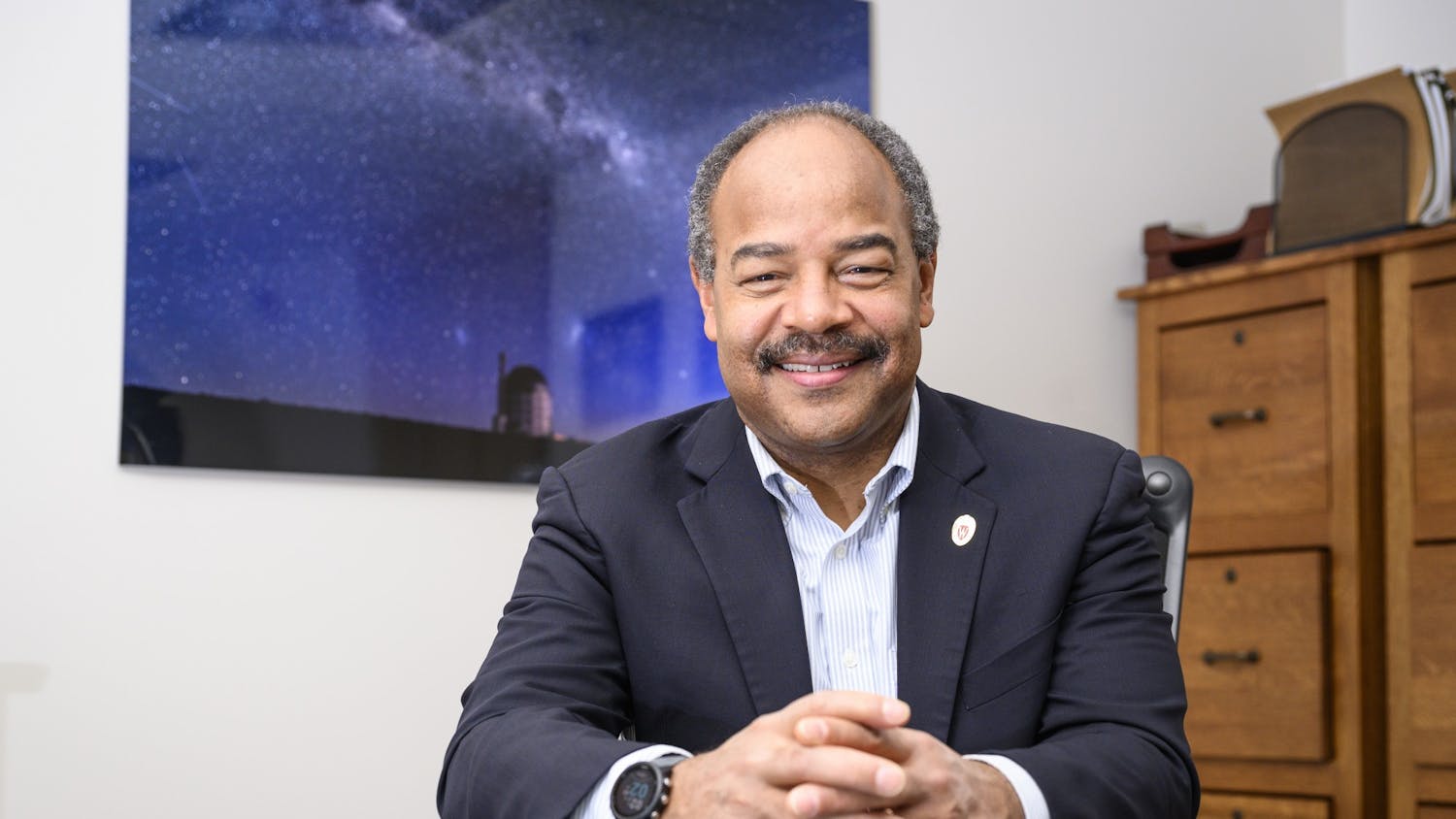Democratic Lt. Gov Mandela Barnes and Republican Sen. Ron Johnson came together Friday night in Milwaukee for the first scheduled debate in Wisconsin’s U.S. Senate campaign.
The Wisconsin Broadcasters’ Association hosted the debate, with journalist and author Jill Giesler moderating as a panel of journalists from around the state posed questions to the two candidates. Topics included abortion, clean water, marijuana legalization, crime, inflation and other hot-button issues.
The debate, broadcasted live on multiple TV networks, was the first chance for both candidates to approach voters on a statewide stage.
Cash bail, which has been the subject of many attack ads toward Barnes’ campaign, was a prime contention point between Johnson and Barnes.
Barnes said he supported bail reform so non-violent defendants don’t have to spend unnecessary time in jail. He added that, under a cash bail system, “dangerous people can buy themselves out of jail.”
Johnson countered by saying his opponent supported letting criminals out of jail and back into vulnerable communities, a partial restatement of attacks from his advertisements.
On marijuana policy, Barnes said he "always supported” full marijuana legalization and remarked that money from a legal marijuana market would go directly back into the state's economy.
“[It's] money that Wisconsin missed out on," Barnes said.
Johnson supported a federalized banking system for marijuana so all states, even those not participating in legalization, could access profits from marijuana sales. However, he stated marijuana legalization should be determined on a state-by-state basis, not by the federal government.
Candidates were also asked to consider a recent report showing that Wisconsin’s workforce will decline by 2030 without increased migration.
Barnes suggested opening up the nation to Deferred Action for Childhood Arrivals (DACA) recipients and immigrants would help Wisconsin’s workforce and provide an easier path to citizenship that "does not subject our children to the horrors of family separation.”
Johnson brushed off the prospect of immigration reform until Americans “secure our borders.” He went on to say he felt the border was much more secure under the previous presidential administration than the current one.
On law enforcement issues, Johnson's proposed solution for high urban crime rates was more police manpower on the streets. He believed the “Defund the Police” movement was causing police shortages that led to more crime in Wisconsin communities.
Johnson also questioned his opponent’s support for law enforcement. He claimed — although Barnes did not outwardly say he wanted to defund the police — that the Democratic candidate still wanted to do so by “reallocating” funds to different departments.
Another question asked candidates to comment on climate change in the wake of Hurricane Ian’s devastation in Florida. Barnes’ plan to mitigate climate disaster was "charting the path to a clean energy future" for Wisconsin farmers and cities.
To achieve a clean energy future, Barnes said the U.S. must "hold the fossil fuel industry accountable for using inflation as a smokescreen" for environmental pollution and become more dependent on clean energy like wind farms.
Johnson’s stance on climate change, when asked about safe water resources, was that there needs to be a focus on “real pollutants,” not carbon dioxide.
“The climate has always changed and always will change,” Johnson said. “Now, the question is: can we do anything about it?”
Throughout the night, Johnson harkened back to what he views as excessive government spending on multiple issues, including rising college costs, inflation and — notably — the racial wealth gap.
"[There’s] no reason that people who work full-time [should] struggle to pay the bills,” Barnes said as he argued for a $15 per hour minimum wage.
When asked what Congress should do at the federal level to address the racial wealth gap, Johnson mentioned the Joseph Project, his initiative that works with what he described as “formerly-incarcerated drug and alcohol abusers” to help them find, “real, career-type jobs.”
Johnson’s answer also circled back to inflation.
“Again, [inflation] has taken a dollar that you had at the start of the Biden administration and turned it into 88.3 cents,” he said. “That helps no one — that certainly doesn't help the Black community.”
Barnes presented a contrasting economic view focused on addressing rising costs through wage increases and debt relief.
The Democratic candidate said incoming generations of college students "cannot fully participate in the economy" because of federal student loan debt, which currently totals approximately $1.6 billion, according to Forbes. Barnes supported forgiving some student loan debt because college is "absolutely unaffordable" today.
Regarding abortion, Barnes said he supported legal abortion at the state and federal levels.
"Every woman should be able to make the decision themselves," he said.
Johnson said he supported sending the issue of abortion to the states — more specifically, to individual Wisconsinites. He mentioned his recently released mockup of a state referendum question asking whether abortion should be banned in the state of Wisconsin.
Barnes shot back, accusing Johnson of pushing an abortion referendum while knowing Republicans in the Wisconsin Legislature would reject the proposal, which they did last Tuesday.
Barnes also said Johnson’s position was "callous, out of touch and extreme," adding that the Republican senator would "rather make a political point than help the women of Wisconsin."
Johnson and Barnes are scheduled to debate again on Thursday, Oct. 13 from 6 to 7 p.m. at Marquette University. The debate will air live on NBC15 in Madison.
Gabriella Hartlaub is the former arts editor for The Daily Cardinal. She has also written state politics and campus news. She currently is a summer reporting intern with Raleigh News and Observer. Follow her on Twitter at @gabihartlaub.
Zoe Kukla is the special pages editor for The Daily Cardinal. She previously served as the graphics editor, a photographer and is a senior staff writer who reported for state news. Follow her on Twitter at @ZoeKukla.






